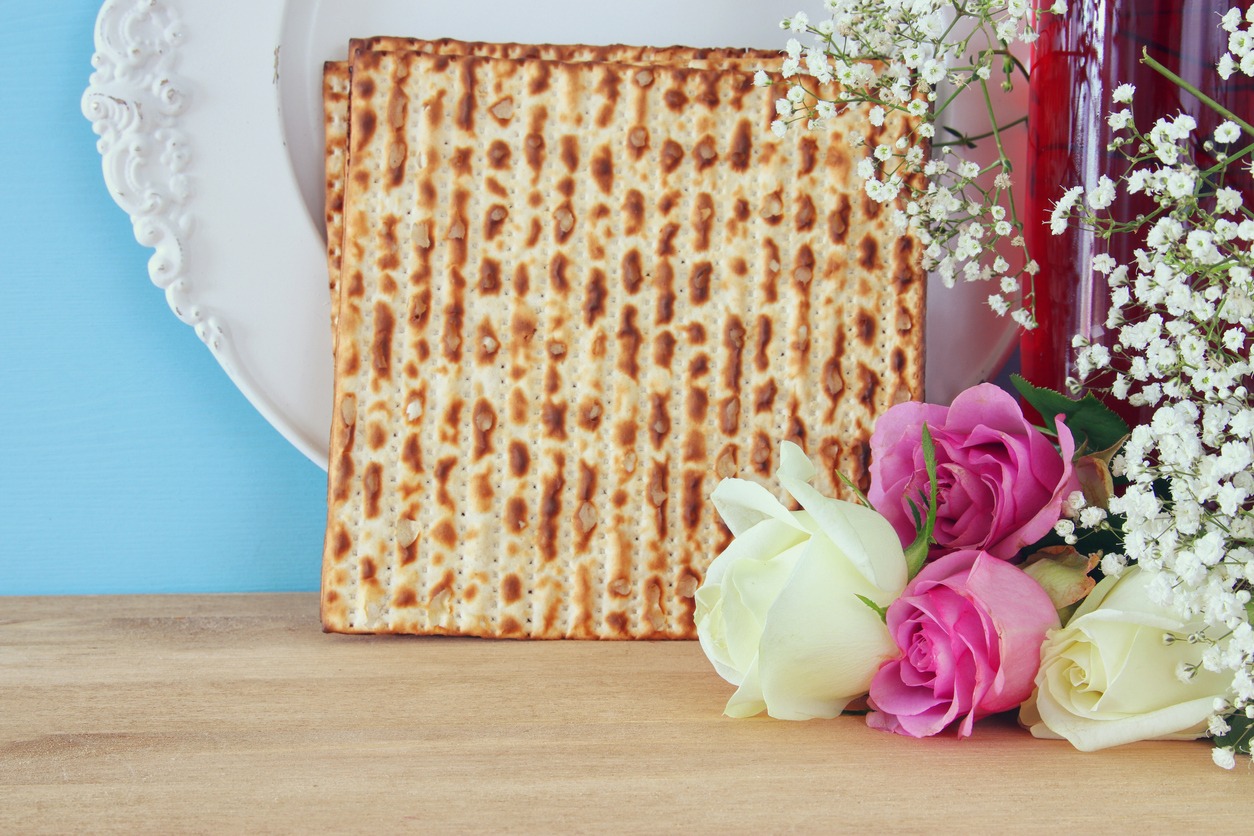Pesach Sheni is a Jewish holiday that occurs every 14th of Iyar. Iyar is the eighth month of the civil year and the second month of the ecclesiastical year in the Hebrew calendar. Iyar usually falls between April and May on the Gregorian calendar.
Pesach Sheni occurs exactly a month after the 14th of Nisan (March – April on the Gregorian calendar), the day before the Passover, the day prescribed for bringing the Paschal offering, “Korban Pesach” (i.e., Passover sacrifice or Passover lamb) in anticipation of that holiday. According to Numbers 9:1 – 14, the Israelites were about to celebrate Passover a year after leaving Egypt.
Eligibility
The origins of Pesach Sheni are told by the Torah in the Book of Numbers, Chapter 9, in the wake of Moses’s announcement that the Korban Pesach could only be eaten on a specific date and only by those who were ritually pure.
However, men who were ritually impure from contact with human corpses were therefore ineligible to participate in the Korban Pesach. These prohibitions against performing the mitzvot (commandments) sparked outrage among those who had in contact with the dead and were now considered ritually impure, making them unable to bring the offering. Because of their ineligibility, the men approached Moses and Aaron to ask for instructions, which ended up in the communication of the law of Pesach Sheni.
Similarities and differences between Pesach Sheni and Passover
Similarities:
As the “Second Passover,” Pesach Sheni was instituted to give opportunity for those who were unable to participate in the earlier Passover. Some of the meals, customs, and rituals in Pesach Sheni are the same as those in the Passover:
- matzo (unleavened flatbread is traditionally eaten in Passover);
- roasted meat;
- maror (bitter herbs);
- The roasted meat should be eaten together with matzo and maror.
- One must be careful not to break the roasted meat’s bones.
- The roasted meat should be eaten until midnight, and none of them could be left over by morning.
- The leftovers of the meat should not be eaten and instead, be burned.
Differences:
- Pesach Sheni is celebrated as a one-day event, rather than seven days in the Passover.
- During Pesach Sheni, it is not necessary to remove all chametz (leavened food) from the home, but it should not be eaten together with the Korban Pesach.
- Hallel (thanksgiving prayer) is not recited at the meal when Korban Pesach is eaten.
Observance of Pesach Sheni in modern times
Because of the destruction of the Temple in Jerusalem, the Jews were unable to perform the Passover sacrifice on either the Passover or the Pesach Sheni. Some people customarily eat matzo during Pesach Sheni as a commemoration of the sacrifice. Other people do the custom to omit Tachanun (a part of Jewish weekday morning and afternoon services consisting of confessions of sins and petition for God’s mercy, and is recited immediately after the Amidah, the central part of daily Jewish prayer services).
